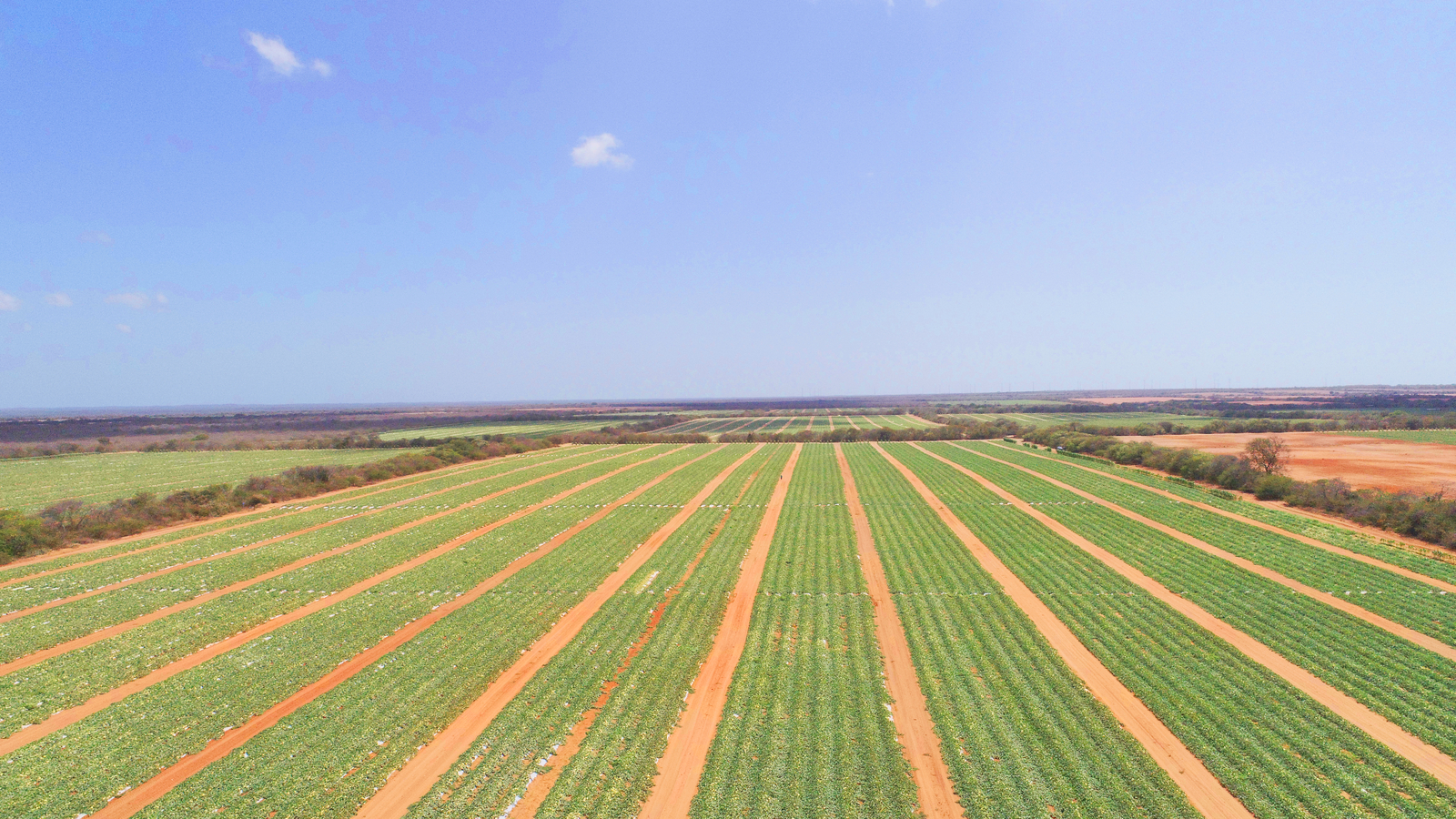Thoughts on the Farm Bill
The current Farm Bill is set to expire at the end of this week on September 30, but it’s unlikely we’ll see an on-time reauthorization of the bill. This is a critical piece of legislation that addresses challenges facing agricultural production and helps to advance the United States' agriculture standing globally. As Congress continues to work on the Farm Bill with hopes of reauthorizing the bill before its funding runs out on December 31, I wanted to share some of my thoughts:
It becomes more evident each day that we are facing a water crisis in the West. Despite the record rain and snowpack we received earlier this year, we still run the risk of fallowing hundreds of thousands of acres of the most productive farmland in the world due to water scarcity. For example, 1.5 million acres of alfalfa in just four states – California, Arizona, Utah, and Nevada – are currently at risk. While surface water deliveries in CA increased significantly in 2023, our groundwater in the West is being depleted, and we must work together to better utilize agricultural water from the Colorado River. The new Farm Bill serves as an opportunity to promote programs and resources dedicated to keeping agricultural land in production, thus ensuring our food security.
Technology exists today that enables farmers to meet water reduction targets in the West while keeping the most productive farmland in the world in use. The primary barrier to this technology adoption? The capital expenditures that our farmers face to install it; an issue that the Farm Bill could help overcome. Improving water-use efficiency through micro-irrigation enables farmers to meet water conservation targets while utilizing available water for irrigation and improving yields and quality. Converting from flood irrigation to micro-irrigation on forage crops like alfalfa can reduce agricultural water demand by up to 50%, especially in the desert Southwest.
The Farm Bill programs should benefit and support farmers. A perfect example of this concept in action is the partnership between Netafim, Orbia’s Precision Agriculture business, and the Natural Resources Conservation Service, Sustainable Conversation, De Jager Dairy, McRee Dairy, and Western United Dairies. This partnership developed a new solution for dairy effluent management: a full circular solution applying dairy effluent to forage crops through sub-surface drip irrigation (SDI-E). With the help of NRCS and private partners, we’ve helped 24 dairies in California improve water efficiency, reduce greenhouse gas emissions, and reduce nitrate leaching. Over 4,000 acres in CA have implemented the subsurface drip irrigation effluent (SDI-E) technology, which has been shown to reduce irrigation related greenhouse gas emissions by 70%. Efficient irrigation isn’t just about water conservation. When nutrients are applied more efficiently, water and air quality are improved.
As Congress continues to develop the 2023 Farm Bill, supporting U.S. farmers should be the top priority. The new Farm Bill needs to address these challenges facing agriculture and offer sustainable solutions to overcome water scarcity by modernizing irrigation infrastructure and limit the fallowing of productive land.

Comments
We'd love to hear your thoughts! To enter a comment, type your name and email address.